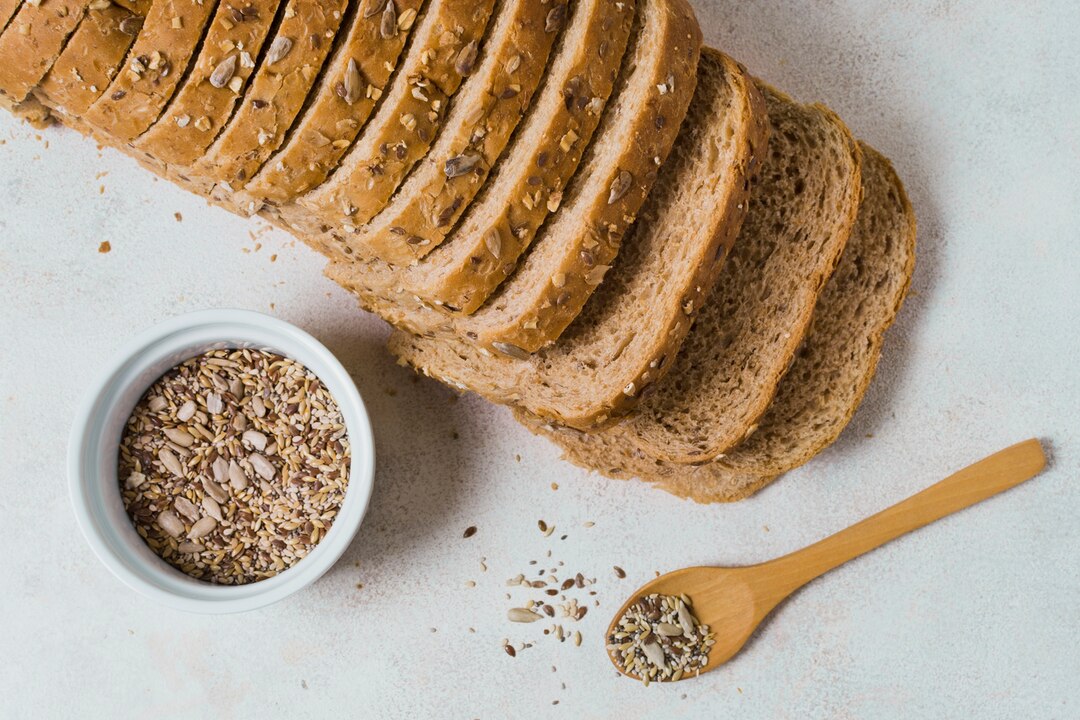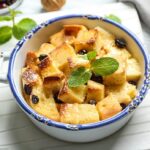Bread is a staple food in many cultures, but not all bread is created equal when it comes to health. While traditional white bread may be delicious, it often lacks the nutritional value provided by whole grains and can contribute to spikes in blood sugar levels. Fortunately, there are plenty of healthy bread alternatives available that offer a variety of flavors and nutrients without sacrificing taste. Here are ten nutritious bread alternatives to consider incorporating into your diet:
- Whole Grain Bread:
Whole grain bread is made from flour that includes the entire grain kernel, providing fiber, vitamins, minerals, and antioxidants. Look for bread labeled “100% whole grain” or “100% whole wheat” to ensure you’re getting the maximum nutritional benefits. - Sprouted Grain Bread:
Sprouted grain bread is made from whole grains that have been allowed to sprout before being ground into flour and baked into bread. Sprouting increases the bread’s nutrient content and digestibility, making it easier for the body to absorb essential vitamins and minerals. - Rye Bread:
Rye bread is made from flour derived from rye grains and offers a distinct flavor and dense texture. Rye bread is rich in fiber, vitamins, and minerals, and studies suggest that it may help regulate blood sugar levels and promote satiety. - Quinoa Bread:
Quinoa bread is made from quinoa flour, a gluten-free alternative to traditional wheat flour. Quinoa is a complete protein, meaning it contains all nine essential amino acids, making quinoa bread an excellent choice for vegetarians and vegans. - Oat Bread:
Oat bread is made from oats, which are rich in soluble fiber known as beta-glucan. Beta-glucan has been shown to help lower cholesterol levels, regulate blood sugar levels, and promote digestive health. Oat bread also provides a hearty and satisfying texture. - Almond Flour Bread:
Almond flour bread is a gluten-free alternative made from finely ground almonds. Almond flour is rich in healthy fats, protein, and fiber, making it a nutritious choice for those following a low-carb or ketogenic diet. Almond flour bread has a slightly nutty flavor and dense texture. - Coconut Flour Bread:
Coconut flour bread is another gluten-free option made from dried coconut meat that has been ground into flour. Coconut flour is high in fiber and medium-chain triglycerides (MCTs), which can help support weight loss, improve heart health, and boost energy levels. - Ezekiel Bread:
Ezekiel bread is made from a combination of sprouted whole grains and legumes, including wheat, barley, lentils, millet, and spelt. This unique blend of ingredients provides a complete protein profile and a good balance of fiber, vitamins, and minerals. - Sweet Potato Bread:
Sweet potato bread is a gluten-free alternative made from mashed sweet potatoes, which are rich in vitamins, minerals, and antioxidants. Sweet potato bread has a naturally sweet flavor and moist texture, making it a delicious and nutritious option for those with gluten sensitivities. - Vegetable Bread:
Vegetable bread is made by incorporating pureed vegetables such as carrots, zucchini, or pumpkin into the bread dough. This adds moisture, flavor, and nutritional value to the bread, while also increasing its fiber and antioxidant content.
There are many healthy bread alternatives available that offer a wide range of flavors, textures, and nutrients. Whether you’re looking for a gluten-free option, a low-carb choice, or simply a more nutritious alternative to traditional white bread, there’s a bread option to suit every taste and dietary preference. By choosing bread made from whole grains, nuts, seeds, or vegetables, you can enjoy the satisfying comfort of bread while nourishing your body with essential nutrients.








